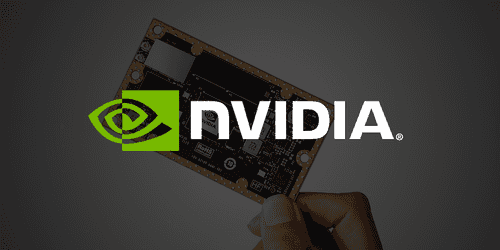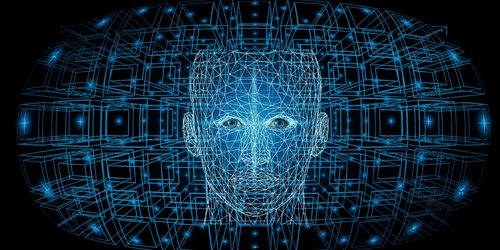Artificial Intelligence (AI)
Alan Turing, the founding father of Artificial Intelligence (AI), defined it in 1950 as the science and engineering of making intelligent machines, especially intelligent computer programs. Today it is more and more focused on autonomous intelligent agents. The intelligent agent can learn, interact with its environment and take decisions. In some cases, it can perform better than humans, but its abilities are usually limited to one task (e.g. chess playing program). It is combining machine learning, which enable agents to learn, robotics which can add motion, computer vision, speech recognition and language recognition to interact with the environment. Example of applications are virtual assistants, autonomous vehicles and computer-aided diagnostics in clinical imaging.
- Learn more
- Wikipedia
- Related tags
- Machine Learning
Related articles

Nvidia and AI on the edge
Categories: Data Science | Tags: Caffe, GPU, NVIDIA, AI, Deep Learning, Edge computing, Keras, PyTorch, TensorFlow
In the last four years, corporations have been investing a lot in AI and particularly in Deep Learning and Edge Computing. While the theory has taken huge steps forward and new algorithms are invented…
By Yliess HATI
Oct 10, 2018

TensorFlow installation on Docker
Categories: Containers Orchestration, Data Science, Learning | Tags: CPU, Linux, AI, Deep Learning, Docker, Jupyter, TensorFlow
TensorFlow is an Open Source software from Google for numerical computation using a graph representation: Vertex (nodes) represent mathematical operations Edges represent N-dimensional data array…
Aug 5, 2019

Machine Learning model deployment
Categories: Big Data, Data Engineering, Data Science, DevOps & SRE | Tags: DevOps, Operation, AI, Cloud, Machine Learning, MLOps, On-premises, Schema
“Enterprise Machine Learning requires looking at the big picture […] from a data engineering and a data platform perspective,” lectured Justin Norman during the talk on the deployment of Machine…
Sep 30, 2019